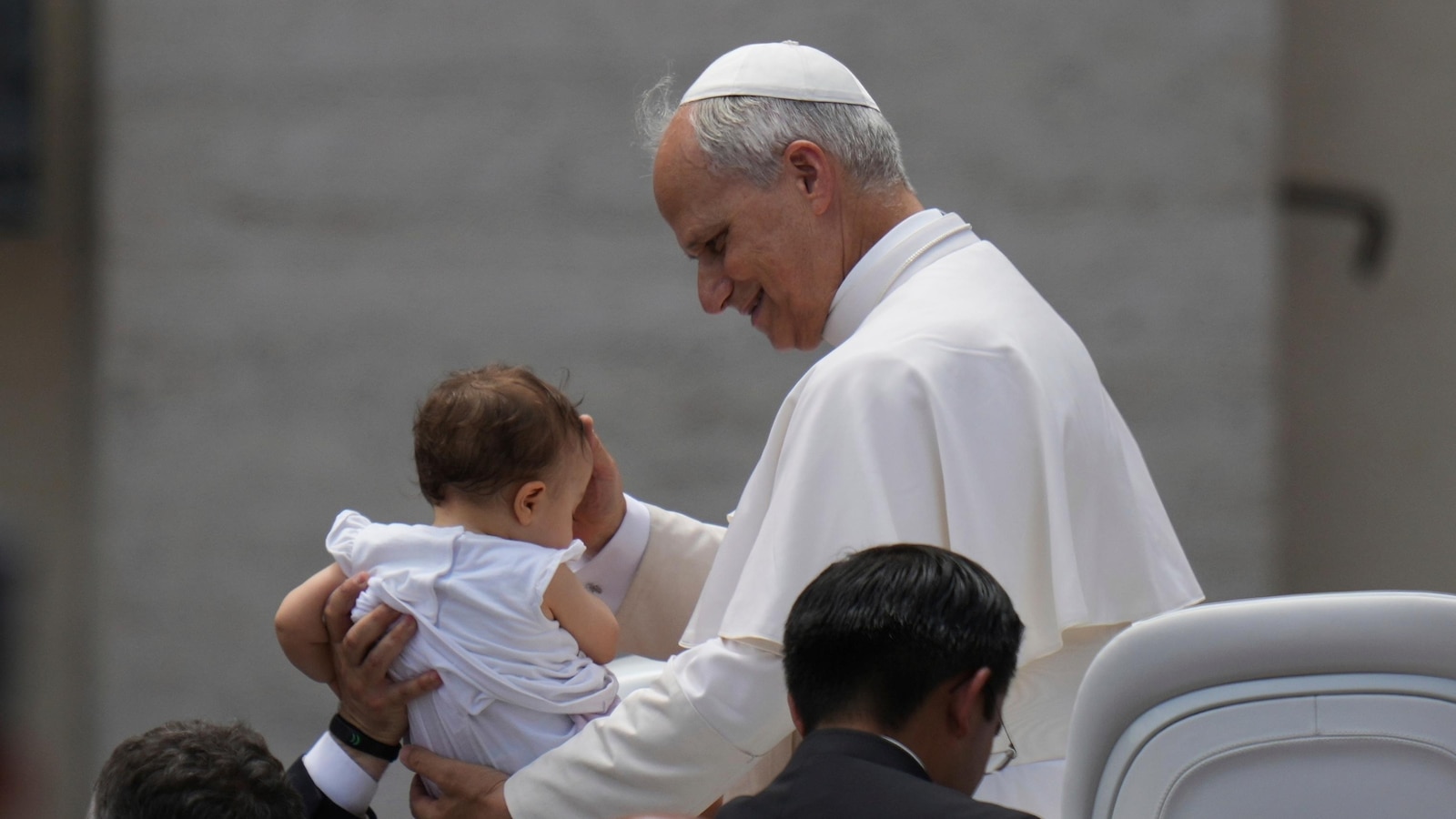ROME — ROME (AP) — Pope Leo XIV warned Friday that artificial intelligence could negatively impact the intellectual, neurological and spiritual development of young people as he pressed one of the priorities of his young pontificate.
History’s first American pope sent a message to a conference of AI and ethics, part of which was taking place in the Vatican in a sign of the Holy See’s concern for the new technologies and what they mean for humanity.
In the message, Leo said any further development of AI must be evaluated according to the “superior ethical criterion” of the need to safeguard the dignity of each human being while respecting the diversity of the world’s population.
He warned specifically that new generations are most at risk given they have never had such quick access to information.
“All of us, I am sure, are concerned for children and young people, and the possible consequences of the use of AI on their intellectual and neurological development,” he said in the message. “Society’s well-being depends upon their being given the ability to develop their God-given gifts and capabilities,” and not allow them to confuse mere access to data with intelligence.
“In the end, authentic wisdom has more to do with recognizing the true meaning of life, than with the availability of data,” he said.
Leo, who was elected in May after the death of Pope Francis, has identified AI as one of the most critical matters facing humanity, saying it poses challenges to defending human dignity, justice and labor. He has explained his concern for AI by invoking his namesake, Pope Leo XIII. That Leo was pope during the dawn of the Industrial Revolution and made the plight of workers, and the need to guarantee their rights and dignity, a key priority.
Toward the end of his pontificate, Francis became increasingly vocal about the threats to humanity posed by AI and called for an international treaty to regulate it. Francis said politicians must take the lead in making sure AI remains human-centric, so that decisions about when to use weapons or even less-lethal tools always remain made by humans and not machines.
___
Associated Press religion coverage receives support through the AP’s collaboration with The Conversation US, with funding from Lilly Endowment Inc. The AP is solely responsible for this content.
